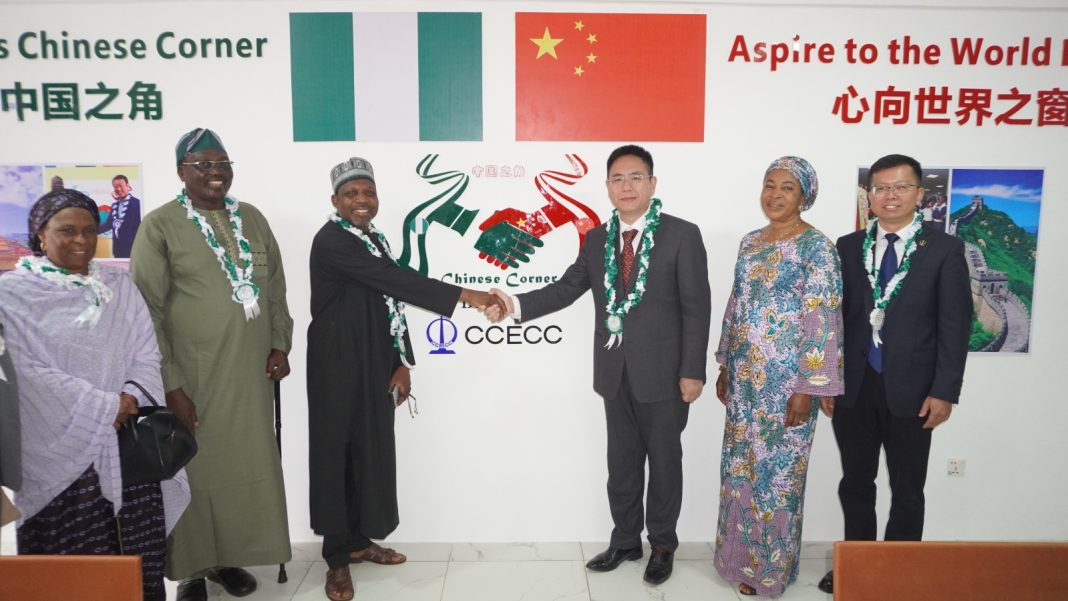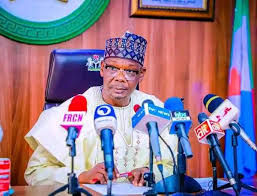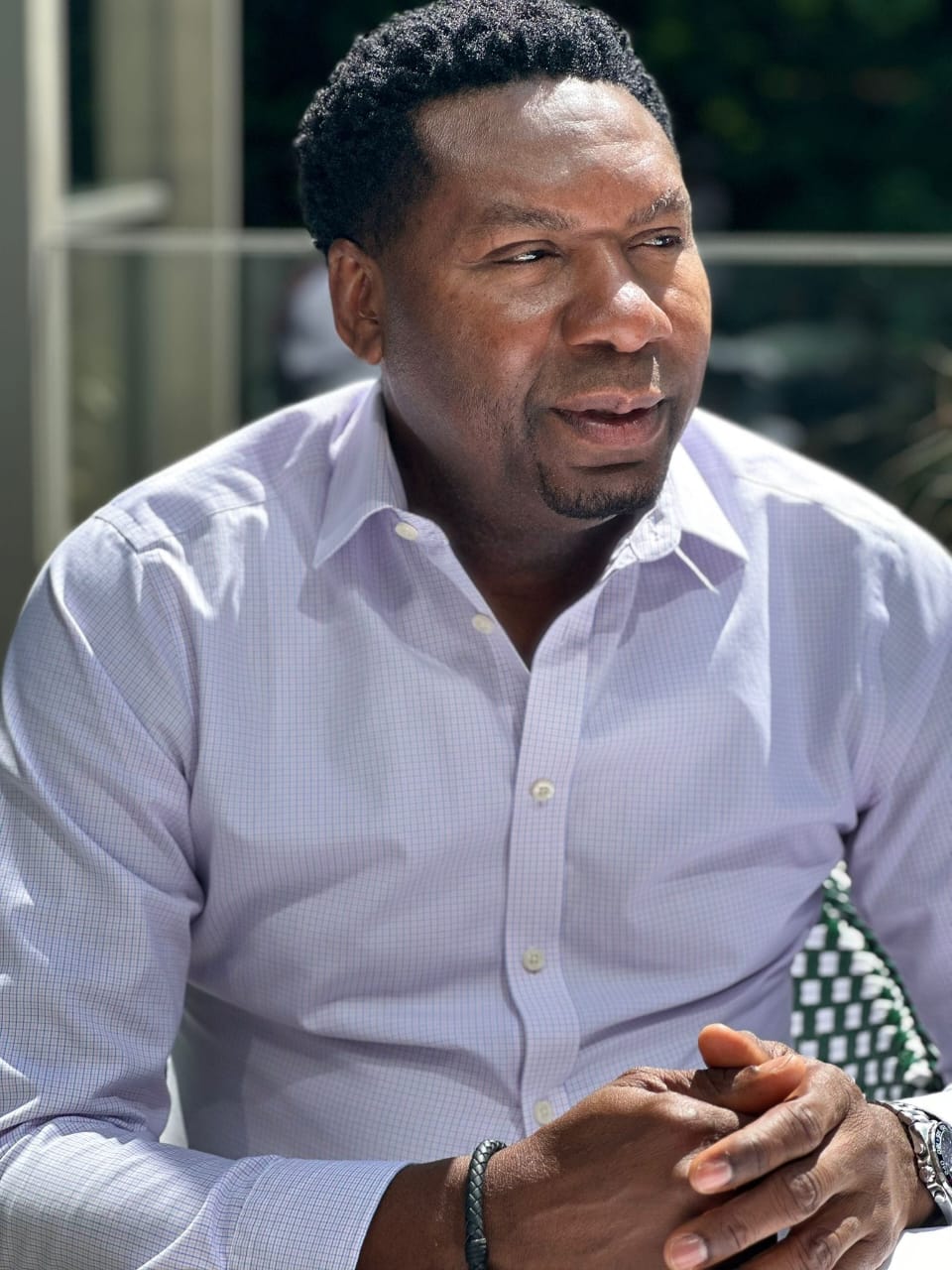The Chinese Embassy in Nigeria on Tuesday inaugurated a new Chinese Corner at Government Secondary School (GSS) Tudun Wada, Abuja.
The project, funded by the China Civil Engineering Construction Corporation (CCECC), marks the 14th Chinese Corner established in FCT schools since the initiative began in 2013.
The commissioning ceremony was attended by senior Nigerian education officials, representatives of the Chinese Embassy, CCECC executives, principals, teachers, and students.
Speaking on behalf of the Chinese Embassy, Cultural Counsellor Yang Jianxing noted that the Chinese Corner has grown into an important platform for cultural and educational exchange.
“The Chinese Corner has become a bridge connecting Chinese and Nigerian cultures, and a window for students to observe the world,” he said, adding that many students have secured Chinese Government Scholarships, pursued studies in China, or gained employment in Chinese companies through the programme.
He commended CCECC’s role in donating and constructing the new facility, calling it a reflection of the company’s commitment to social responsibility and China–Nigeria friendship.
In his address, Dr. Muhammed Sani Ladan, Director/Secretary of the FCT Secondary Education Board, described the new corner as a hub for learning Mandarin, accessing scholarships, and advancing people-to-people diplomacy.
He recalled that the first Chinese Corner was established at GSS Garki in 2013, followed by eleven more in 2014, and another in 2024 at GSS Wuse Zone 3. The two new additions in 2025, he said, demonstrate the growing importance of the initiative.
Dr. Ladan expressed appreciation to the Chinese Embassy and CCECC for their continuous support, describing their contributions as “a legacy written in gold in the annals of our history.”
Dr. Danlami Hayyo, Secretary for Education, FCT, highlighted the strategic role of the Chinese Corners in shaping future opportunities for Nigerian students.
“The collaboration between the FCT-SEB and the Chinese Embassy has greatly enhanced cultural and educational exchange. It has opened a window for better understanding and appreciation of our cultures and given our students opportunities for further studies in China,” he said.
Dr. Hayyo also announced that Mandarin has been officially introduced into the FCT senior secondary school curriculum as one of the international languages. He described this as a visionary step, given Mandarin’s global importance in commerce, tourism, and education.
He further thanked the People’s Education Press of China for donating books and developing Chinese language programmes tailored for Nigerian classrooms, ahead of the 2026 China–Africa Year of People-to-People Exchange and the 55th anniversary of Nigeria–China relations.
The inauguration ended with cultural displays and student performances that showcased the richness of both Nigerian and Chinese traditions.
With 14 Chinese Corners now operational in Abuja, the initiative has become a model for cultural diplomacy, deepening ties between Nigeria and China, and expanding opportunities for young Nigerians.





